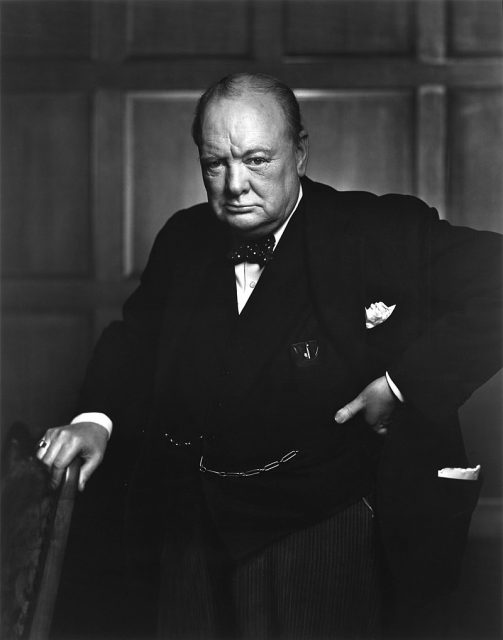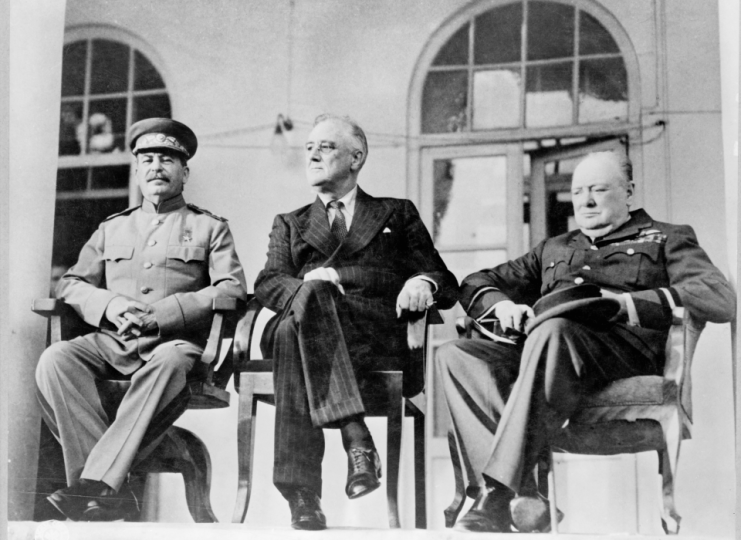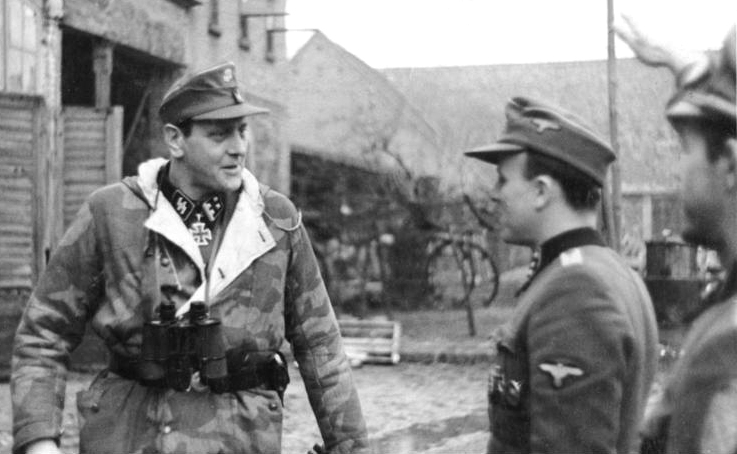In October 1943, the Germans cracked a coded message from the US Navy. With that, they were able to determine that the leaders of the USSR, the UK and the USA were all planning to meet in Tehran to plan their strategy against the Axis.
From there, one of the most audacious and daring plans of WWII was hatched: The Nazis would assassinate or kidnap the Big Three and virtually assure the Nazis of victory.
Otto Skorzeny was an Austrian-born member of the SS who rose to the rank of lieutenant colonel. He had learned unconventional war tactics and caught the eye of the Nazi military leadership with his ideas and strategies.
Skorzeny came to prominence when Adolf Hitler put him in charge of rescuing Benito Mussolini in September of 1943. Mussolini had been forced to step down as the ruler of Italy and was placed under arrest in a hotel on top of Gran Sasso peak which was only accessible by a cable car.

Skorzeny, along with General Kurt Student of the Luftwaffe and Major Otto-Harald Mors who commanded a paratrooper battalion, developed a plan to rescue the Italian dictator with gliders and 107 men. They retrieved the Italian dictator without firing a shot.
When Hitler was putting together a team to attempt the assassination of the Big Three, Skorzeny was the man he turned to as the leader. The plan they developed was called Long Jump.
Meanwhile, the Soviets had a group of guerrillas operating in the Ukraine which was occupied by the Germans. One of the guerrillas was Nikolai Kuznetsov, the famed Soviet espionage officer, who spoke perfect German and was masquerading as a German lieutenant.
He became friends with SS-Sturmbannführer Ulrich von Ortel, who gave details of the Long Jump plan one night while they were drinking together. Ortel even offfered to introduce Kuznetsov to Skorzeny.
The Soviets were now aware of the German plans but allowed them to continue to proceed without intervening.

The Germans sent six radio operators into Tehran with equipment and weapons. The Soviets were following them the entire time and monitored their radio communications. Through these radio transmissions they learned that the Nazis were sending a second group to kill or kidnap the Allied leaders.
When Roosevelt arrived, he was briefed on the danger. The biggest risk was the mile-long journey from the American embassy to the Soviet embassy for the meeting. To remove this risk, it was decided to give the Americans rooms in the Soviet embassy.
Meanwhile, the Soviets rounded up the Nazi radio operators and forced them to radio back to headquarters to abort the mission. Long Jump was a failure due to a drunken conversation and the actions of the Red Army.
To be fair, some historians doubt that there ever was a Long Jump plot. They believe that the Soviets invented the entire story in order to get the Americans to stay in the Soviet embassy where their room was bugged. The Soviets were able to hear every word the American contingent said.
As for Skorzeny, the failure of Long Jump did not tarnish his reputation with the Nazi brass. They continued to trust him with unorthodox missions.
In December 1944, he famously dressed 24 Germans in American military uniforms and drove them in American vehicles on the American side of the front lines. The plan caused a great deal of confusion and panic for the US troops during the Battle of the Bulge.
And Another Article From Us: Moscow Declassifies WWII Docs Relating to The Non-aggression Pact
Skorzeny was captured in May 1945. He was charged with a war crime for dressing his men in enemy uniforms but was acquitted when it was learned that the Allies had used the same tactic.
He escaped from a detention facility in 1948 and moved around Europe. He died in 1975 from lung cancer due to a lifetime of smoking.
